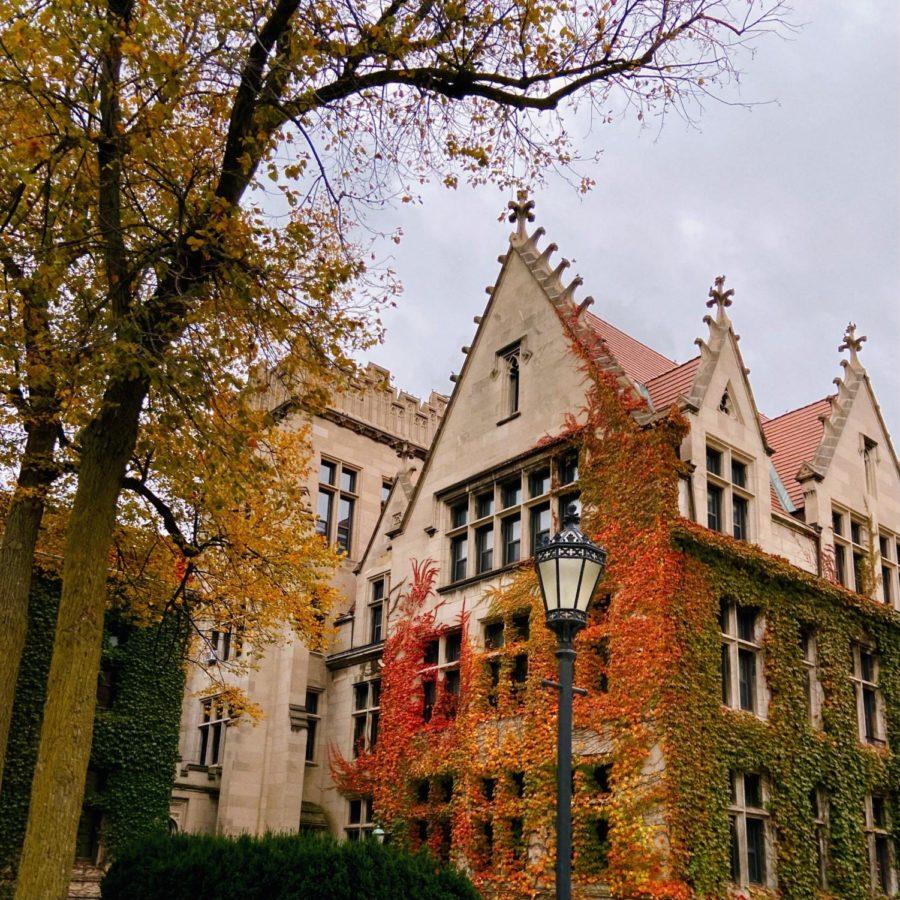The Harris School of Public Policy and the Department of Political Science launched a new Ph.D. program in Political Economy, which is currently accepting applications for its first cohort that will matriculate in fall 2022.
The program, while being facilitated by 22 faculty members from the Harris School and the Department of Political Science, will be distinct from Ph.D. programs in either school. The previous Political Economy track of the Harris Ph.D. in Public Policy Studies will be discontinued.
The Ph.D. in Political Economy program is designed to be completed in five or six years. Requirements include comprehensive exams in formal theory, econometrics, and one subfield of political science; a 2nd-year research paper; and a final research dissertation.
Program director Dr. Scott Gehlbach, currently a professor at the Harris School and in the political science department, described political economy as something understood from the standpoints of both political science and economics. “One [understanding of political economy] defines political economy in terms of methods," he said. "It’s the use of game theory and empirical methods of causal inference to answer important questions in politics.”
Gehlbach also offered a second definition of political economy that was not focused on the methods used."Rather than methods, it's about the interplay of politics and economics," he said. "For example, the impact of economic conditions on political outcomes."
Gehlbach emphasized the scope and size of the program, as well as its uniqueness: “You look at any other institution in North America at least, probably any other institution anywhere, you will not find 22 people with research interests in Political Economy. This is an incredible concentration of people in Chicago.”
Some other universities do offer similar programs though. Gehlbach mentioned that both Princeton University and Stanford’s business school offer doctorates in Political Economy, but he remained confident that the program would offer its graduates notable opportunities. “We’re training students to be faculty at top research institutions. We expect to place students in the very best research institutions,” he said. In a Twitter thread announcing the program, Gehlbach also said that students could expect “strong financial support” and that “stipends will be very competitive.”









